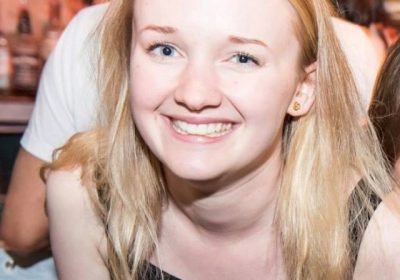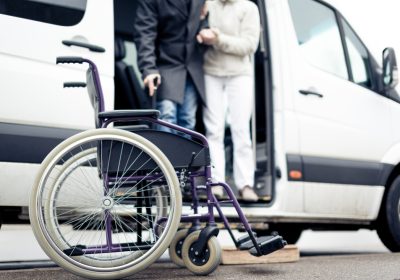Healthy vision is something many of us take for granted – until there is a problem.
That’s why it’s important to check your eyesight regularly and, if there is a problem, be able to access the support you need.
However, many people are facing long waits and high costs for eye care.
Some groups of people, such as certain ethnic minority communities and those on lower incomes are also more likely to experience poor eye health and have poor experiences of eye care services.
As part of the #ShareForBetterCare campaign, we want to know about your experiences of eye care. We want to know:
- If you are getting your eyesight checked and if you face any barriers (like costs or availability of services and appointments)?
- If you have been for an eye test or had other eye care, what was your experience like?
Your views are vital to helping improve eye health and other NHS services in your area. It helps local NHS managers understand what is working and what they need to fix.
This National Eye Health Week (Sept 23 to 29) Healthwatch is asking people to complete a short online survey which aims to understand people’s experience of accessing eye care locally, as well as the experience of those waiting for secondary care. We also want to uncover what is working but also the barriers people face, like cost.
The survey, which can be accessed via the link below, closes this Sunday September 29:
https://bit.ly/eye-care-survey
Key facts:
- 2.7 million people are expected to live with sight loss by 2030.
- An estimated 50% of sight loss is avoidable[1].
- Over 600,000 people are waiting for specialist NHS eyecare[2].
- Almost half of adults with sight loss (49 per cent) live in a household with a total income of less than £300 a week[3]
- Certain ethnic groups do have a greater risk of developing some of the leading causes of sight loss.
- Black African and Caribbean people are four to eight times more at risk of developing certain forms of glaucoma.
- The risk of diabetic eye disease is around three times greater in South Asian people.
- Black African and Caribbean people are also at a higher risk of diabetic eye disease[4].
[1] https://fingertips.phe.org.uk/profile/vision
[2] https://www.england.nhs.uk/statistics/statistical-work-areas/rtt-waiting-times/rtt-data-2024-25/
[3] https://media.rnib.org.uk/documents/Circumstances_sight_loss_report.pdf
[4] https://www.rnib.org.uk/professionals/health-social-care-education-professionals/knowledge-and-research-hub/key-information-and-statistics-on-sight-loss-in-the-uk/







